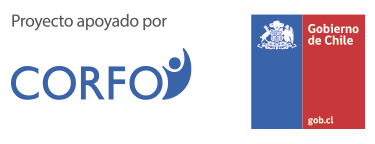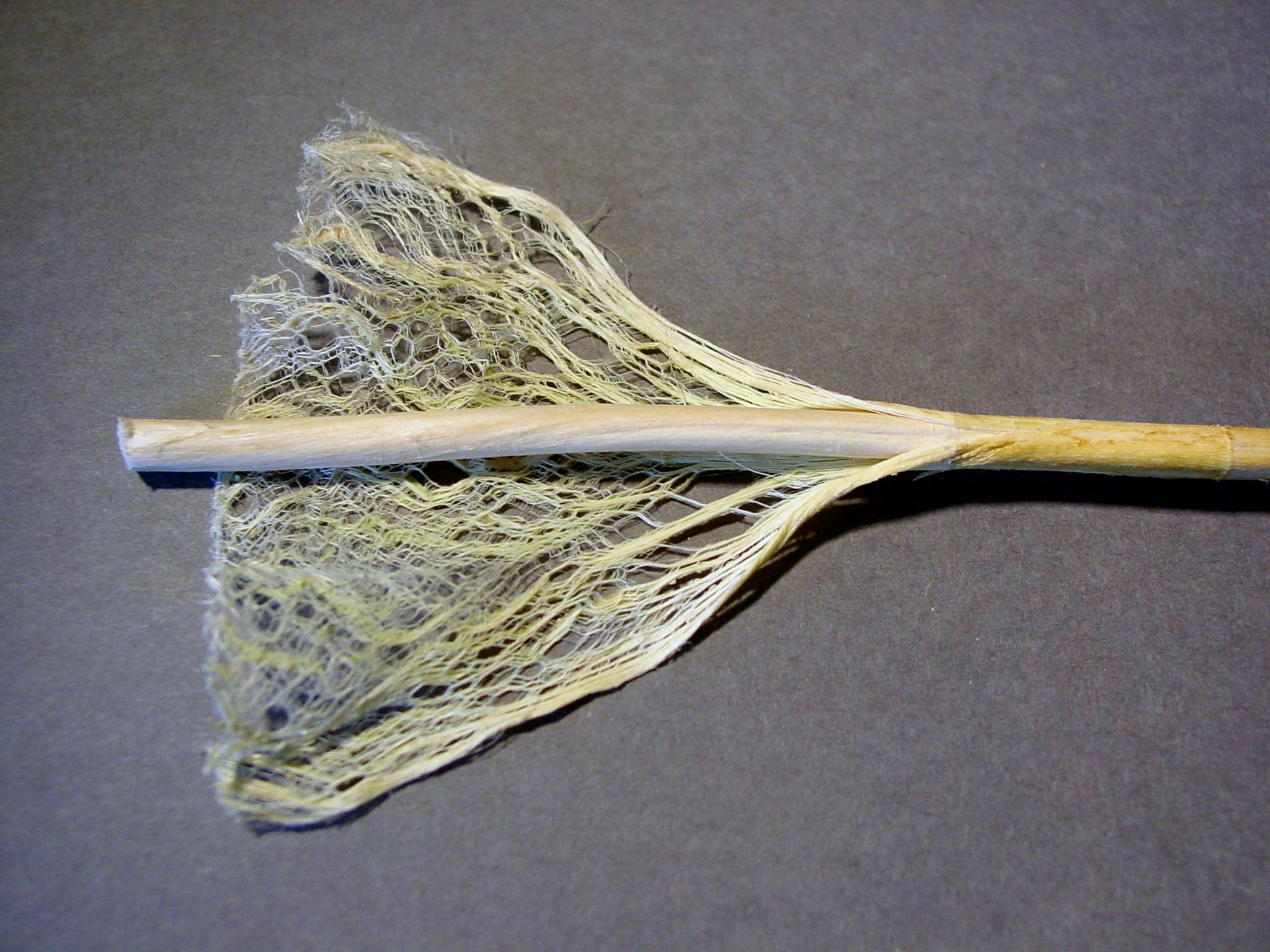EcoHemPack
The increase in population has demanded a greater quantity of products and services that have resulted in an increase in the amount of waste generated. Among the waste generated, plastics has been the one that has had the greatest expansion, based on its slow degradation (around 500 years) and problems related to the release of greenhouse gases and dioxins generated during incineration. In 2014 it was estimated that the consumption of plastics in the USA was around 150 kg per person and in Europe the figure reaches 140 kg per capita. The average figure in Latin America is slightly lower with an average weight of 31 kg, but the figure for Chile is quite high as it escapes this average, reaching 50 kg per person. Most of the polymers used in the plastic industry have different compositions and nature, being polyofelins such as polyethylene, polypropylene, or other polymers of polar nature such as polyamides, polyethylene terephthalate, passing through ethylene copolymers and vinyl alcohol, polystyrene and EPS.
This wide diversity, together with the incompatibility, in many cases, of biopolymers belonging to the same family, makes the management of this waste extremely complicated, forcing them to be disposed of in municipal landfills or to energy recovery processes such as incineration. This situation faced by the plastics market has led to the exploration of alternatives, some of which have had relative success, such as the recycling of plastics, which has been affected by the presence of different polymers in containers or multilayer plastics, which are used to improve the mechanical, gas barrier, ageing, printing, etc. properties that cannot be delivered by a single polymer. Another of the alternatives explored by the plastics market is related to the use of renewable raw materials such as corn, sugar cane and cellulose. The use of these biopolymers has been limited by their physical-chemical properties and high production costs. However, efforts are still being made to improve these characteristics and bring them to market for commercialization.
To solve these problems, the ECOHEMPACK project will seek to develop and implement a new technology for the production of improved plastic films by incorporating nanocellulosic reinforcements from industrial hemp and formulation of biodegradable polymers for the packaging sector. The incorporation of industrial hemp nanocellulose will improve one of the main drawbacks of current biopolymers, which is the low mechanical resistance and processability these materials have. Another important milestone that this project seeks to develop is to study the development of new biopolymers, to be used in the extrusion-blowing processes. For the development of the ECOHEMPACK project, four sub-projects with different R&D demands and challenges are proposed:
- CT Functionalization of nanocellulose from industrial hemp for use in the plastics industry. It seeks to obtain and chemically modify the nanocellulose obtained from industrial hemp, to incorporate it in the manufacture of plastics as a material to reinforce mechanical properties.
- CT Polyethylene reinforced with cellulose nanofibres with improved properties. In this project, a film will be made with the reinforcement material, nanocellulose, so that its properties can be tested.
- CT Biopolymers reinforced with nanocellulose fibres, with reinforced properties. This project will study the materials and methodologies needed to develop biopolymers, including polylactic acid (PLA).
- Technical and commercial validation of the methodology for making bioplastic bags in injection processes.
It is expected that once the four stages of the project are completed, the Chilean plastic industry will be provided with a new environmentally friendly technology that can provide differentiating and innovative elements to the entrepreneurs that subscribe to this consortium in order to comply with the requirements of law 20.920 and avoid environmental problems generated by excessive use of plastics.
Start date: 13/11/2017
End date: 13/11/2020
Project partners: South Hemp, Agrofuturo y Lavanplast
Contact the project manager: projects@hostik.cl




